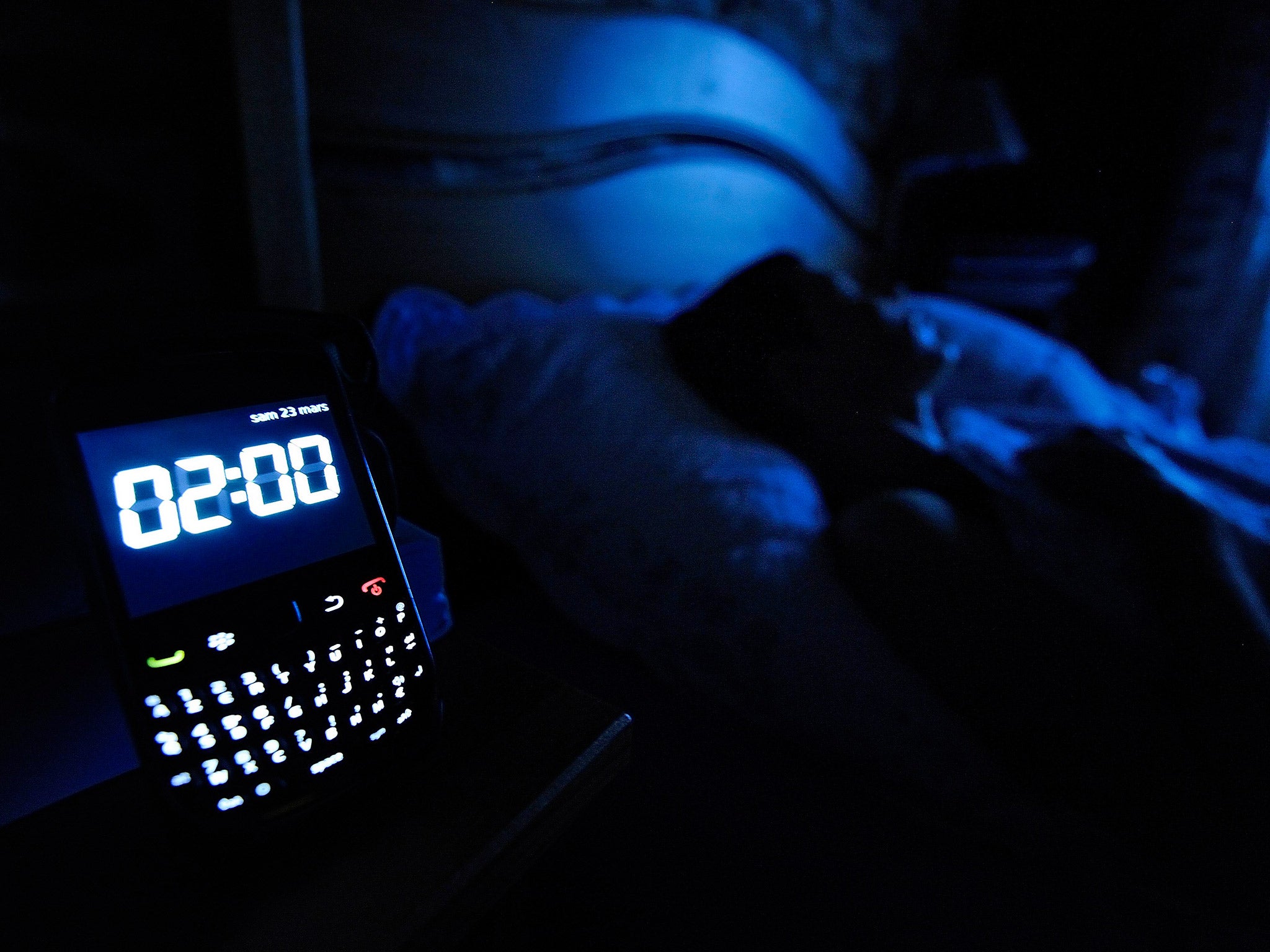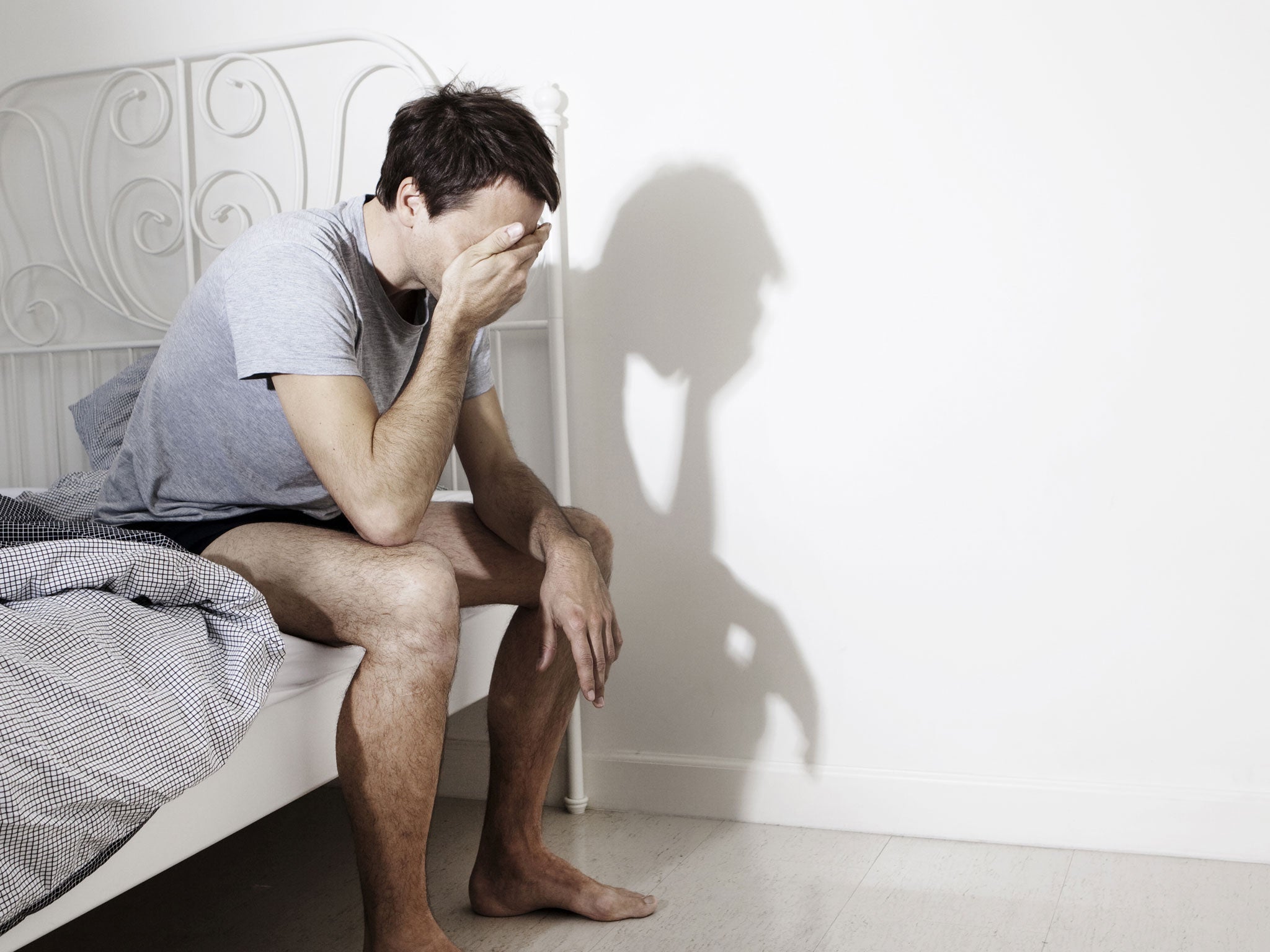Charging your iPhone or iPad in your bedroom could make you put on weight, scientists say
Artificial light interrupts the production of a hormone that reduces obesity

Your support helps us to tell the story
From reproductive rights to climate change to Big Tech, The Independent is on the ground when the story is developing. Whether it's investigating the financials of Elon Musk's pro-Trump PAC or producing our latest documentary, 'The A Word', which shines a light on the American women fighting for reproductive rights, we know how important it is to parse out the facts from the messaging.
At such a critical moment in US history, we need reporters on the ground. Your donation allows us to keep sending journalists to speak to both sides of the story.
The Independent is trusted by Americans across the entire political spectrum. And unlike many other quality news outlets, we choose not to lock Americans out of our reporting and analysis with paywalls. We believe quality journalism should be available to everyone, paid for by those who can afford it.
Your support makes all the difference.Charging your phone in your bedroom could make you put on weight, according to scientists in Spain.
A study by the University of Granada found that artificial light from phone screens, street lights, laptops or television stops the body generating a hormone that combats obesity.
Melatonin is necessary to regulate sleep patterns and is a powerful anti-inflammatory that boosts the metabolism.
Experiments conducted on obese rats found that increased consumption of the hormone made them lose weight and also fought type two diabetes. Scientists believe it can have the same effect on humans.
Developed and developing countries around the world are seeing a significant increase in obesity rates and type two diabetes.
In the UK, the NHS estimates that one in four adults are clinically obese and one in five children aged 10 to 11, with many more being overweight.
Professor Ahmad Agil, who led the study, said the epidemic is primarily caused by humans’ failure to adapt to modern environments, sedentary lifestyles, higher consumption of high-calorie processed food and excessive exposure to artificial lightning reducing melatonin levels.

He described the hormone, which is naturally present in plants, animals and humans, as a “hormonal signal released during the night to establish circadian rhythms".
"For all these reasons, it is important to try to sleep in absolute darkness, to avoid interference in the generation of melatonin.”
The hormone is found in particularly high quantities in spices, herbs, tea, coffee, fruit, nuts and seeds.
The study, conducted alongside La Paz University Hospital in Madrid and the University of Texas, was published in the Journal of Pineal Research.
Join our commenting forum
Join thought-provoking conversations, follow other Independent readers and see their replies
Comments